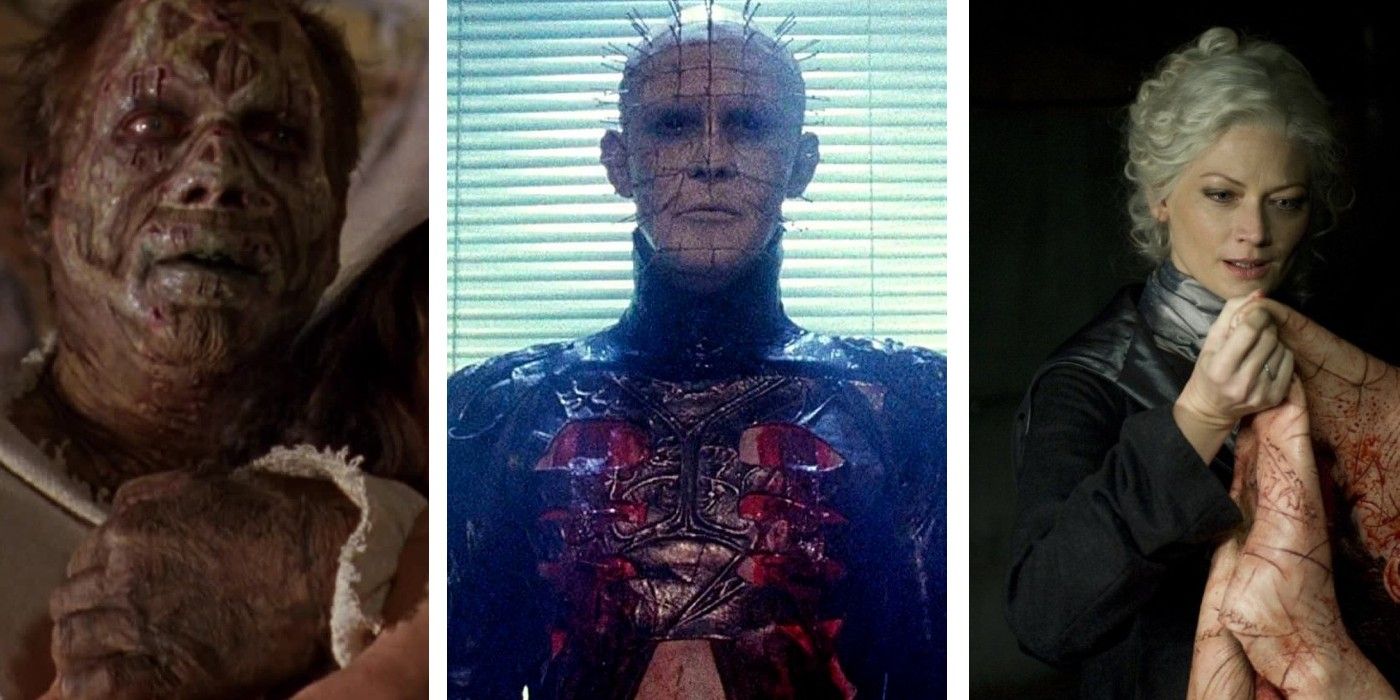
Horror author and virtuoso Clive Barker published his pivotal short story collections titled Books of Blood in the mid-80s. He quickly rose to fame and received high praise from horror veterans such as Stephen King. In 1987, Barker completely flipped the genre on its head with the film Hellraiser, which he wrote and directed himself. Since then, it is virtually impossible to discuss anything regarding horror without mention of Clive Barker, the master of body horror and creature creation.
While Hellraiser was not his first film, it is the most well-known. It quickly became a cult classic and giant Halloween decorations featuring the infamous cenobite Pinhead were everywhere, and still are to this day. Over the years, writers and directors have taken his short stories, novellas, and comic books and transformed them into some of the most iconic feature-length films in horror. To date, there are ten legitimate feature-length adaptations of Clive Barker’s works, not counting sequels, and it looks like there will be more soon.
Clive Barker’s unique take on horror thoughtfully crafted a merger between sadomasochism and horror to craft creatures that illicit the epitome of body horror. While other directors and writers of the genre during the 80s and 90s focused on cabin in the woods features or slashers, Barker turned to gore of a completely different magnitude. Hellraiser remains a fan favorite. But with the dawn of a new Candyman and the potential for a Nightbreed television show, it is the opportune time to look back on his filmography throughout the years.
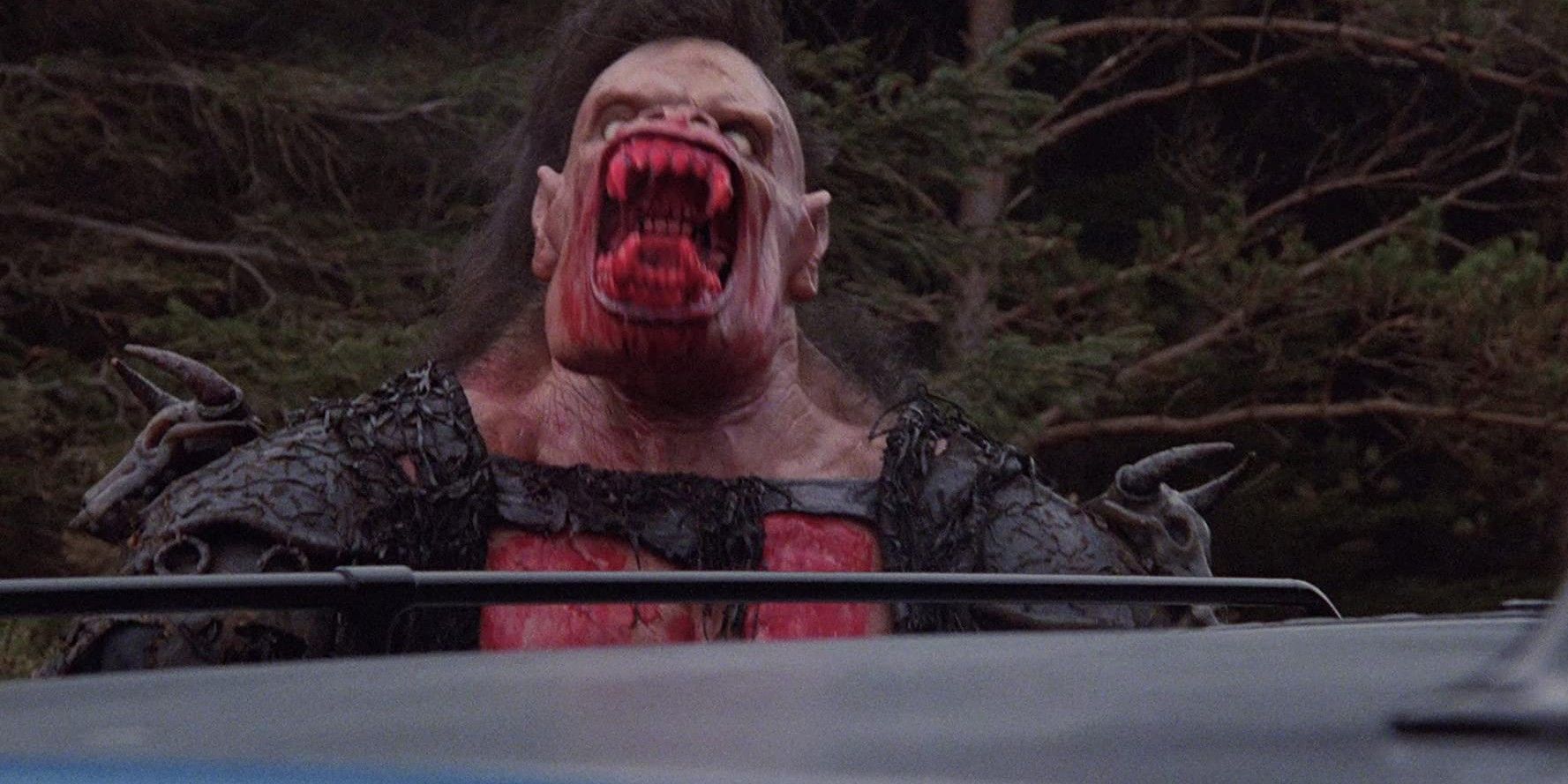
Sadly, Rawhead Rex did not live up to its potential. While the original short story by Barker follows Old-Testament sensibilities of wrath, the adaptation ignored the entirety of the source material. It presents only some small semblance of the original tale. George Pavlou's Rawhead Rex is hellbent on being a shockingly gory and heavy metal inspired film that is completely removed from the creative and unique nature of Clive Barker's stories.
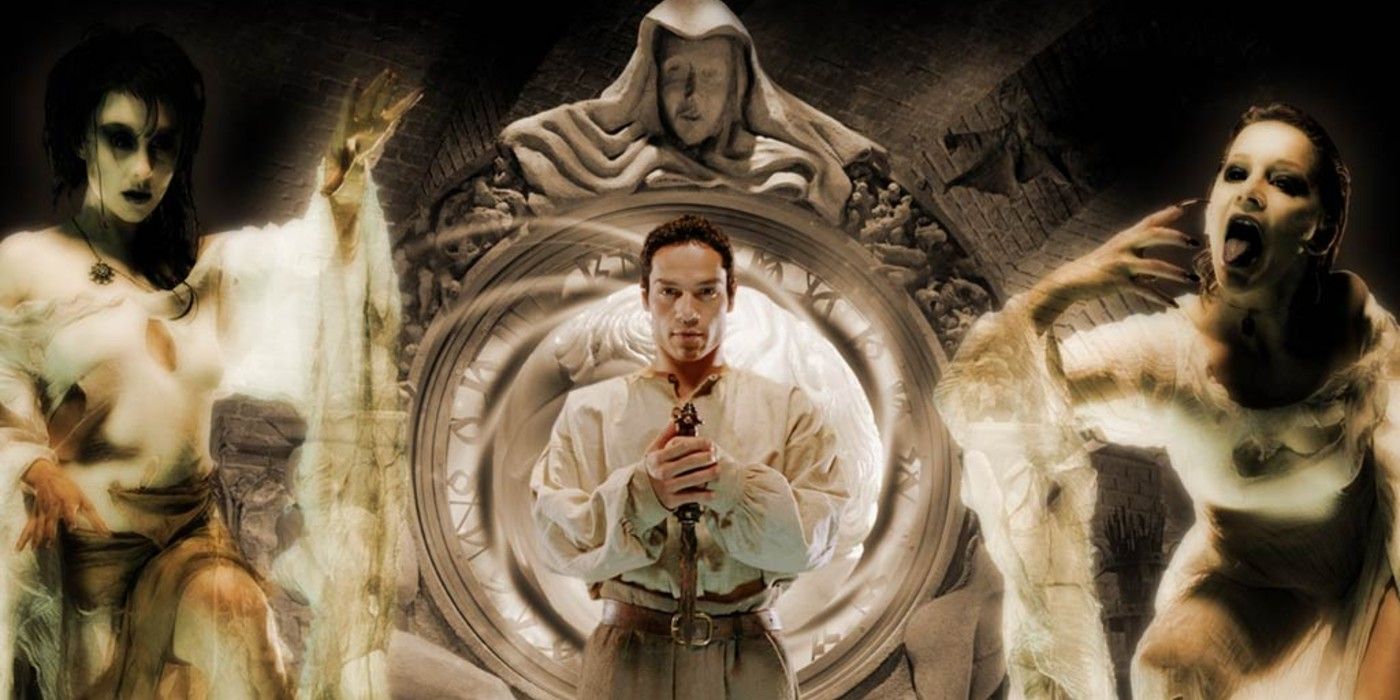
The only comic to film adaptation on this list, Saint Sinner is a representation of the skill Barker has in every literary and creative genre. Exploring concepts of time travel and ancient monsters, Saint Sinner falls victim to plot holes and inconsistent timeline. Comic book to film adaptations are often a difficult feat to accomplish, especially when the source material pushes the limits of horror and comic writing. Barker’s comic book series stands alone in its triumphs in the genre, while the film fails to do the same.
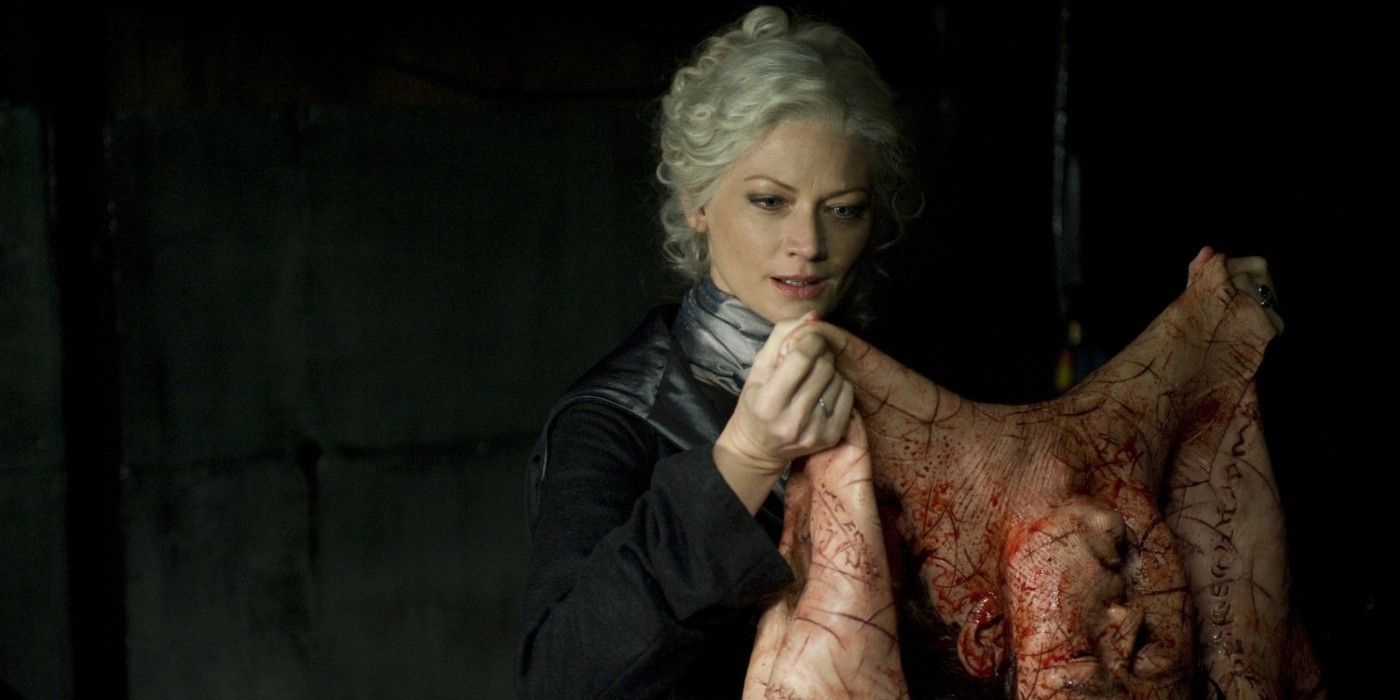
Book of Blood took the framing stories from Barker’s text of a similar name and brings them to life. The characters underdeveloped and lack believable backstories. On top of that, the beginning portion of the film is rather slow moving and uninteresting. Regardless of its beginning, the film transforms midway once Book of Blood picks up on the original gore and horror of Barker’s stories. Almost abruptly, it goes from dull and lifeless to exciting and gory despite its characters' flaws.
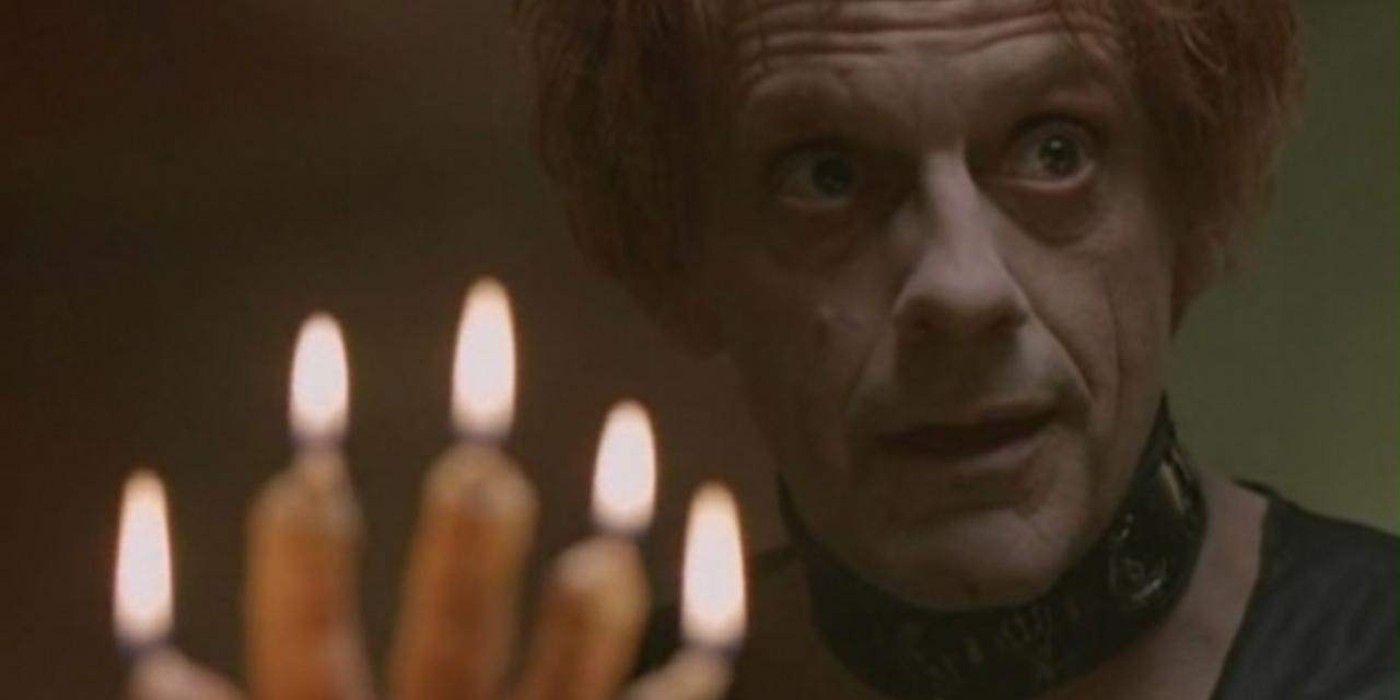
Based on two short stories, “Chattery Teeth” by Stephen King and “Body Politic” by Clive barker, Quicksilver Highway takes the horror legends' stories and turns them into a superb film. Starring Christopher Lloyd as a travelling showman by the name of Aaron Quicksilver, the film focuses on Quicksilver’s storytelling. The short stories utilized in this adaptation are actual stories told by the leading character to unsuspecting people he encounters in the film.
By using a storyteller, the film is able to showcase the creativity that Barker had when writing the original short story. While Quicksilver Highway walks the line of being a dark comedy rather than a horror film, it is one of the most creative ways a Barker story has been adapted to film.
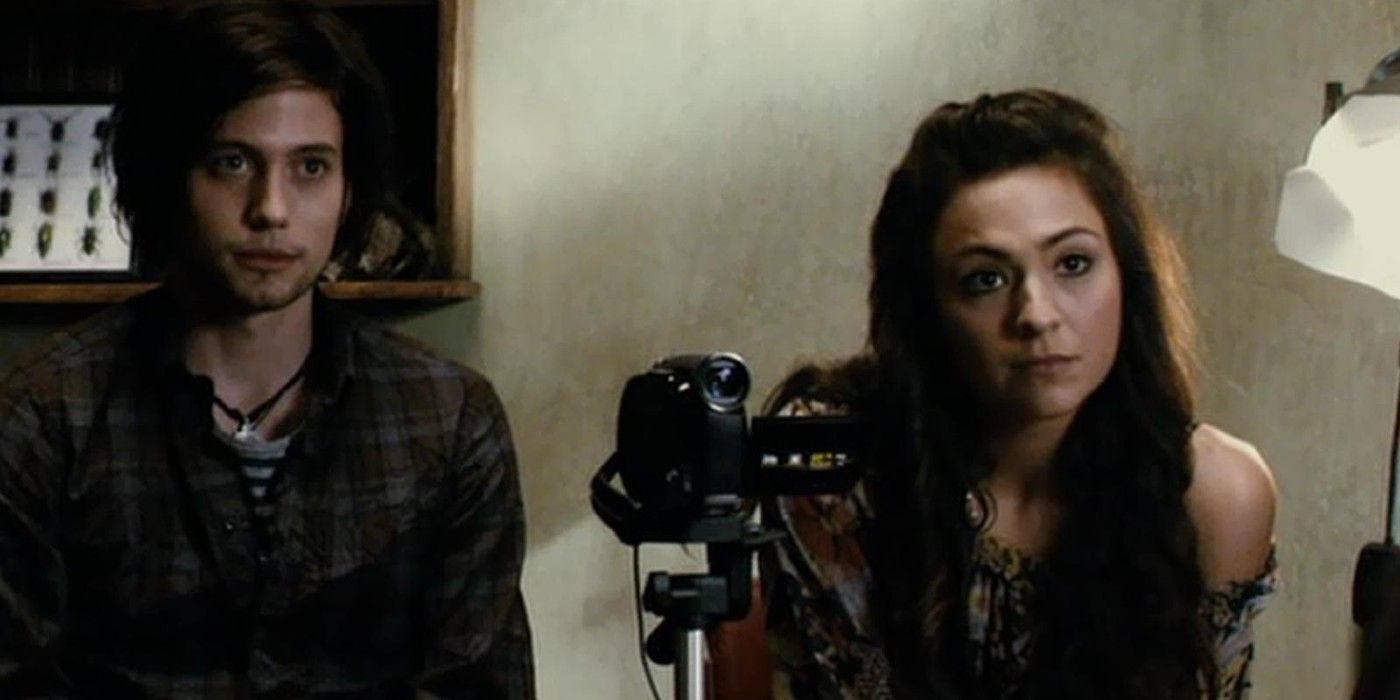
Anthony DiBlasi’s adaptation of Barker’s short story “Dread” is a psychological thriller that follows a group of college students as they conduct "fear studies." This Barker tale presents the horror of real life and trauma, as well as their effects on the human mind. It showcases the brutality of humankind and how childhood directly impacts adulthood. While it starts out on a strong note, it swiftly changes directions and becomes a story about how far a person will go to not starve to death.
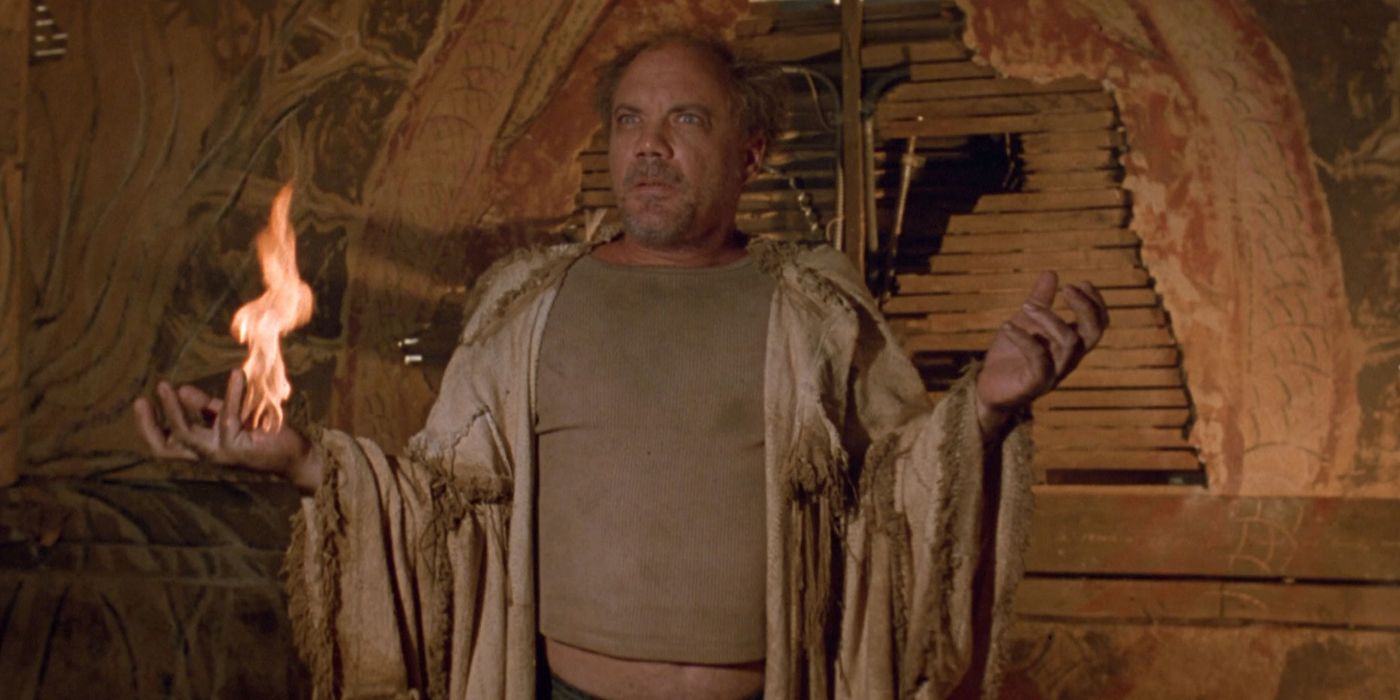
Lord of Illusions is filled to the brim with popular horror concepts such as a cult, magical powers, and occult practices. While the film is not one of Barker’s more popular adaptations, it is creative and unique. Along with traditional horror concepts, Barker introduces noir and conspiracies to make Lord of Illusions a film that belongs on any must watch list for horror fans.
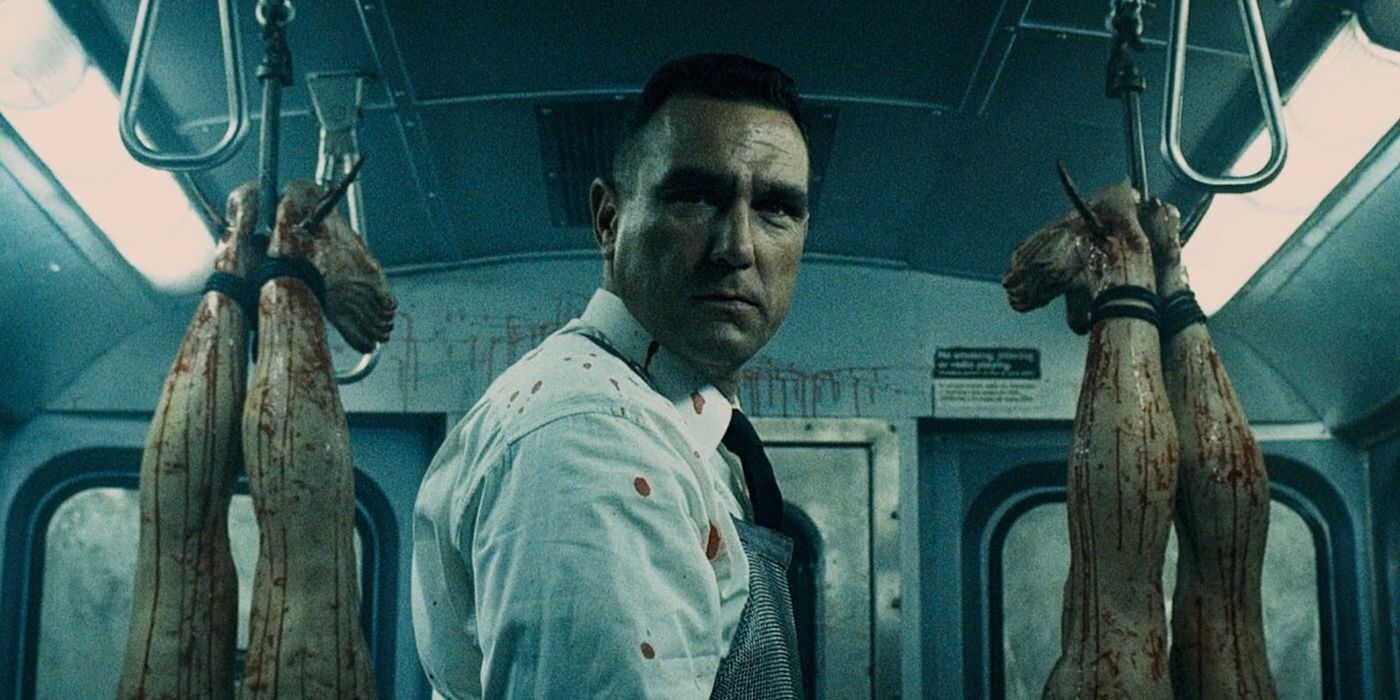
Featuring a photographer on the hunt for a serial killer, The Midnight Meat Train chronicles the disturbing underbelly of subway systems. Sharing the same name as Barker’s 1984 short story, this adaptation goes from the standard serial killer film to something entirely different. The Midnight Meat Train has unexpected twists at every turn, which makes for a thrilling and captivating viewing. The less is known about the film going into it, the more enjoyable Barker's story is.
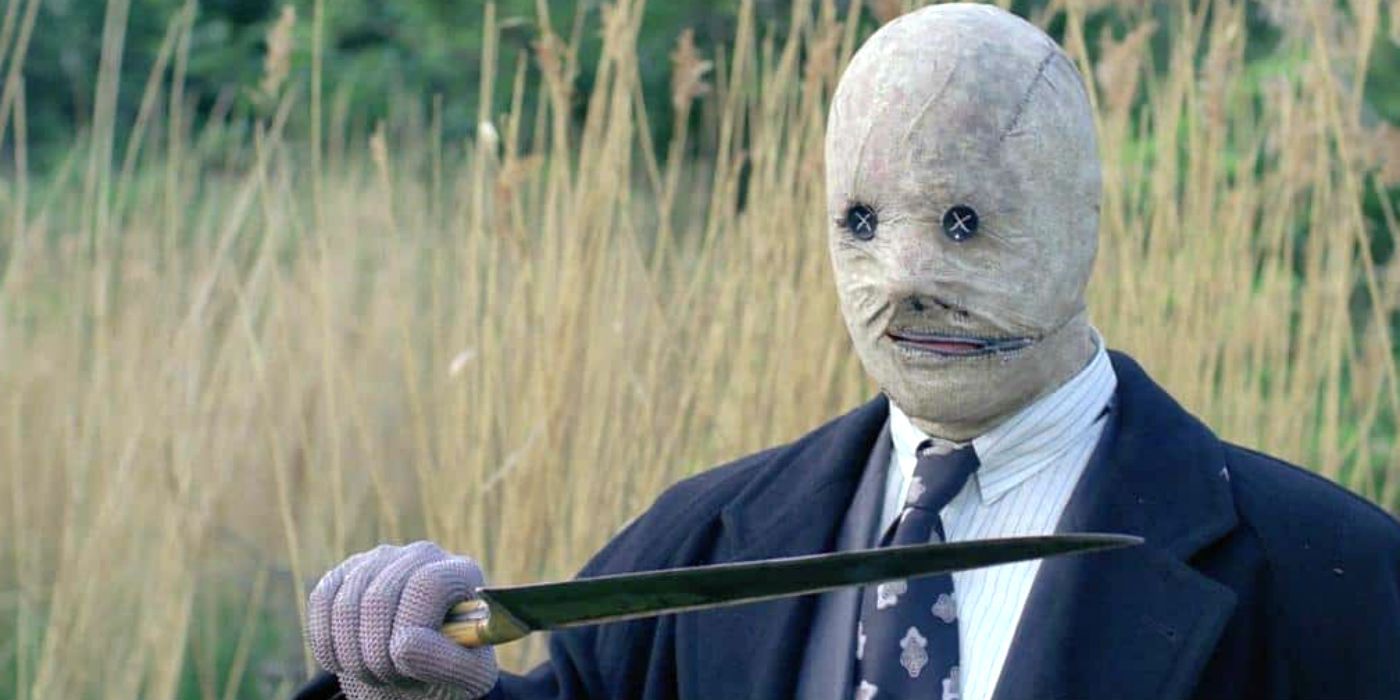
Based on Clive Barker’s Cabal, Nightbreed is one of those rare horror films that does it all. It features monsters, men, satanic deities, and David Cronenberg as one of the most disturbing killers put to film. The film is only the second that Barker has directed himself and its clear that his vision of horror is worthy of immense praise. Nightbreed defies genre stereotypes with a beautifully nightmarish allure that makes it one of his best films to date.
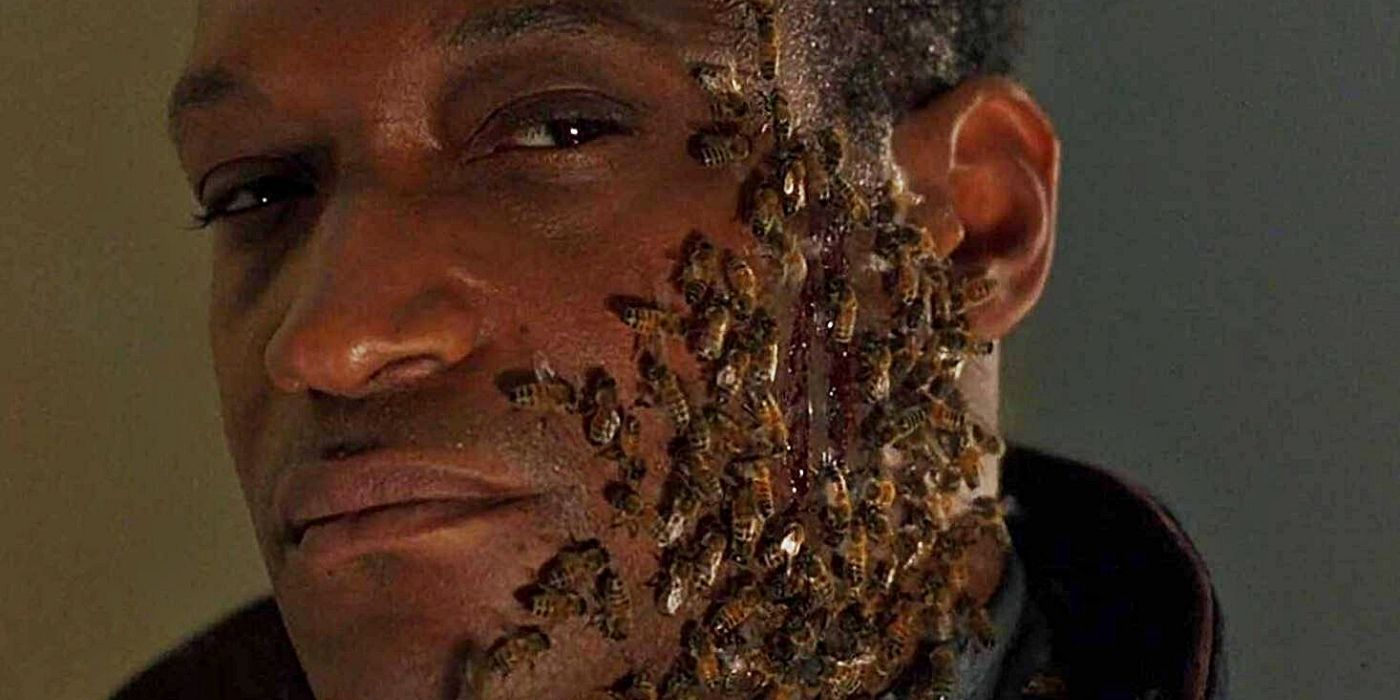
Based on Barker’s short story “The Forbidden” and directed by Bernard Rose, Candyman captures the depravity of the world with impeccable visuals and a menacing legend. The film centers around Candyman played by Tony Todd, a Black man who was the son of a slave and brutally murdered in the 19th century. With a hook and bees as his weapons, Candyman appears to anyone who says his name five times in the mirror to murder them.
The slasher film speaks to a multitude of issues besides being murdered by a vengeful spirit. It is regarded as one of the most political adaptations of a Barker story. Rose showcases race issues and class status in order to strengthen the backstory of Candyman, while opening the door on the realities of the horrific in the United States. The upcoming sequel will do the same with a modern twist.
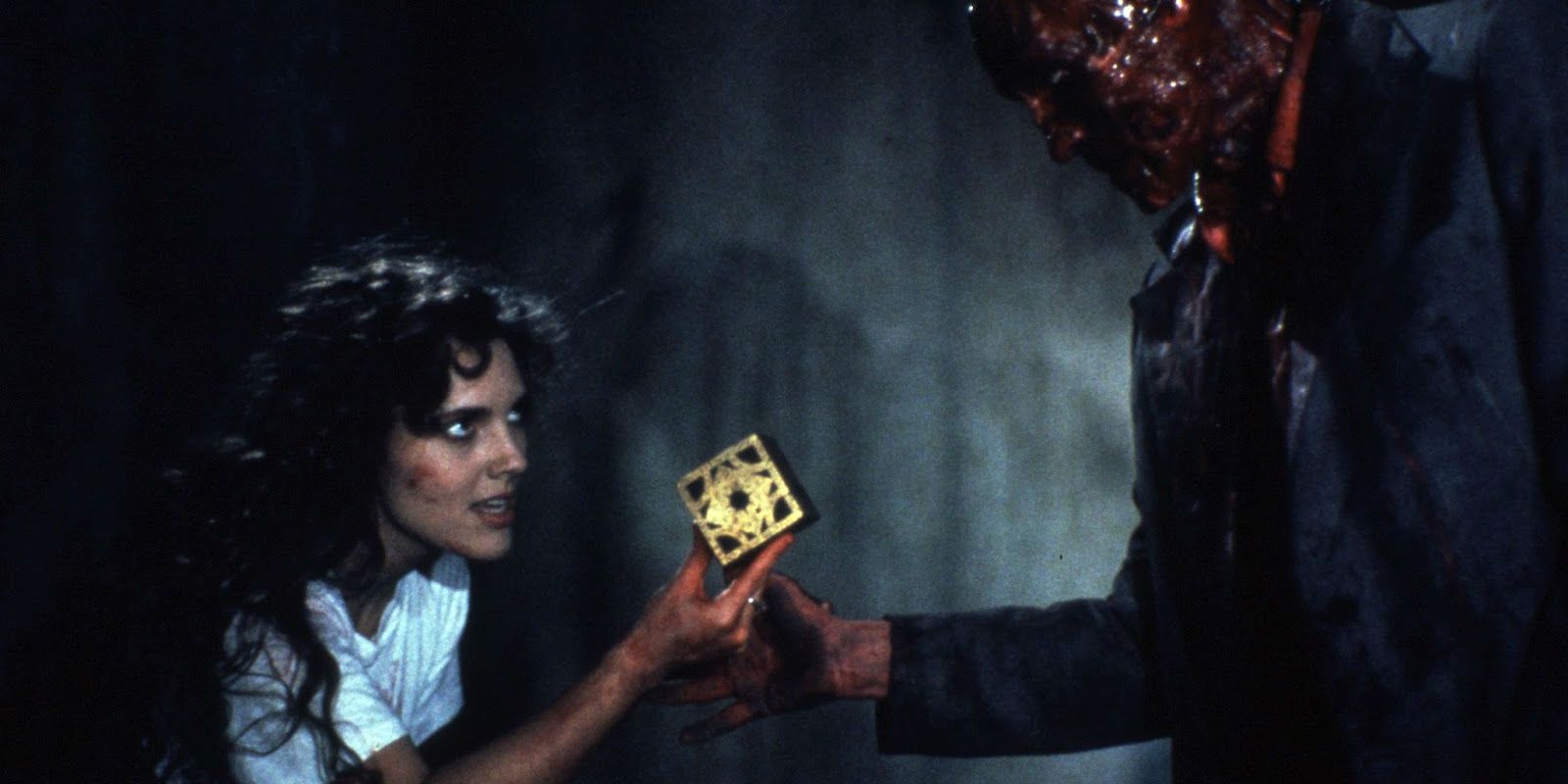
Clive Barker gained such immense notoriety once Hellraiser released in 1987. Making his directorial debut, Barker wrote the screenplay based on his novella The Hellbound Heart, published less than a year before the film release. The film became an immediate horror classic and cemented Barker as a legend in the horror genre. It even went on to spawn a franchise that includes a total of ten films, though not all of them meet the standards of the original. The range of horrifying that Hellraiser provides the genre is nothing short of tactful and unique in every aspect of the word. Going from disturbing creatures to complete body horror, Clive Barker’s Hellraiser is an essential film in horror movie history.
from ScreenRant - Feed https://ift.tt/2V3OVAH

0 Comments